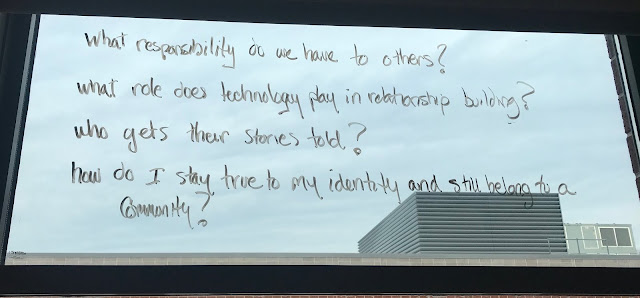Estres The Farmer
There was a young boy named Estres who lived in a rural village. He always loved to hang out with his friends.
“Come Estres, we’re going to the kite festival!” his friends would ask.
“Oh boy! Let me get my kite.” Estres would excitedly answer.
“Come Estres, the carnival is in town!”
“Oh boy! Let’s hurry!”
“Come Estres, we’re starting the birthday party!”
“Oh boy! You won’t believe the present I got you!”
Estres always found time to have fun with his friends.
Over the years, Estres and his friends grew older. Now a young man, he also inherited a section of farmland. He worked very diligently, with little rest, everyday from sunrise to sunset. His friends also began to have work of their own, but Estres worked harder than anyone in the village. His hard work was certainly noticeable. His potatoes were bigger than babies, watermelons the size of small boulders, oranges juicy enough to make a river, and so much rice he could swim in it. By himself, Estres’ farm could feed the entire village. His friends would ask him to join them in celebrating.
“Come Estres, we’re going to the kite festival tomorrow,” his friends would ask him.
“I cannot, I must till the soil.” Estres would blandly answer.
“Come Estres, the carnival is in town!”
“I cannot, I must seed my farmland.”
“Come Estres, today is the wedding!”
“I still need to weed my farmland, but I cannot miss your wedding.”
Estres rarely ever hung out with his friends now, only attending important events such as birthdays and weddings. Whenever he did go out with his friends, he seemed to distance himself from others and was always ready to leave.
Many years later, Estres and his friends were now old and retired. At least his friends were retired, as Estres still worked everyday on his farm. By now, Estres had completely stopped interacting with anyone. He only left his farm to sell his crop and restock his supplies.
“Estres! It’s good to see you again. Come, let us catch up on old times.” His friends would ask him when they saw him at the market.
“I cannot, I must tend to my crops,” Estres would dryly answer.
Not long after, Estres died. He undoubtedly had the most impressive and successful farm in the history of the village. He produced enough potatoes to build a castle, watermelons so massive they used them for the village walls, oranges so delicious they were renowned across the land, and so much rice that it became more common than dirt. But he also undoubtedly had no wife, no children to inherit his labor, and his social communication in general had effectively ended years ago. The townspeople all came to his funeral, but more out of respect for his death than for personal connection.


No comments:
Post a Comment